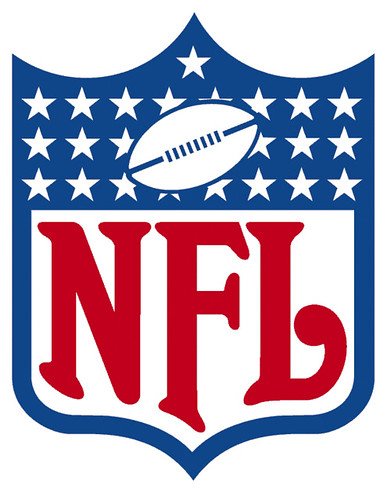
One of the biggest company to televise sports in the nation.
With over 400,000 NCAA collegiate athletes from all divisions, millions of people running local 5 ks every year, and the NFL grossing around 9 billion dollars in 2013, it is safe to say we live in a competitive culture. Such a heavy focus on athletics and competition probably brings to many of these contestants minds ” What is fair?”. Where skill level and ability come in as much variety as the people who partake in such events, it can’t be expected that everyone should be measured using the same tape. But debate in recent years have been how to make distinctions between deciding who gets an award for being in a special “league”. Should there be separation based on age? Race? Gender? Disability? Some claim that even weight should have its own category in such things as 5ks, and earn their own awards.
I believe that sports should not be divided by god given talent alone, but the ability to progress in a chosen area, to improve oneself and go beyond what believed was possible. For this purpose no one should be segregated by a situation they cannot control directly. Such things as one’s race they are born with. Cultural ties with ethnicity should be something perpetuated and celebrated, when different countries compete together in the same stadium, rink, track, etc, its helps build a global community where races are not just recognized, but differences are championed and accepted. Debates over

1900’s women in the traditional tennis outfit.
what people “deserve” in sports has been at the forefront of many competitors minds, especially in collegiate athletics. In many cases acknowledgement of differences are a truer form of equality, such as in gender. Most women will agree, that on a whole, competing against men in any given sport would be unfair. Science has shown men on average have a larger muscle mass and cardiovascular capacity, giving a huge advantage in an taxing physical activity. With the enactment of Title IX in 1972 many believe it to be ” women’s lack of interest in competitive sports as a reason why strictly proportional equity in college sports” (Mika, 1) as an excuse to not provide women with proper funding and ability to excel in their chosen sport. Societal norms have stigmatized womens involvement in competition for hundreds of years, and without media support have had little to no chance to grow as an institution. For most cases “The history of the politics of women’s sports has been written competently by others.”(Mika,4). Unable to be directly involved in commemorating their own history causes an inability for one to influence the future because the past is not their own. With the old aphorism of “History repeating itself” ringing in many female athletes ears they must push on, hurdling the numerous obstacles blocking their path. Societal blockades to those in a minority are all harmful, but I do believe they most influential on those who are disabled.
World record holder for the wheelchair marathon was set in 2012 at Boston by Ernst Van Dyk in an hour eighteen minutes and twenty-seven seconds. I am a runner, and being able to move yourself twenty six miles in that amount of time is far from “disabled”. The NYC marathon recently incurred much controversy over its treatment of disabled runners. “the police
routinely but randomly stopped wheelchair participants—sometimes for up to forty minutes—so that elite runners could pass.”(Mika,135)

Ernest Van Dyke, world record holder n the wheelchair marathon.
. These actions undermine the pursuit of excellence these runners are trying to achieve, by putting the race of athletes not in a wheelchair as precedence to those in one. In such a case the question of equality or justice never really arose because of many question surrounding the definitive answer of what is “disabled”. What sports would those with disabilities be allowed to play? Who determines if someone is “disabled enough” to qualify for a specific league? No matter the answer some group will feel ostracized, giving a tricking definition for true equality among athletes. Despite the difficulties, society should strive as a whole to make everyones dreams possible, acutely summarized by the following quote :“ a liberal democratic state ensures that you have a right to pursue a job (external good) but no entitlement to one (internal good)”(Mika,136). Having the ability to have ones excellence recognized, wheelchair or not, is an external good that should be instituted by a democratic state. Every citizen not disabled has the this, so when you deny something to the minority that is available to the majority is undeniable against the fundamentals of this country and needs to be changed.
Millions of hours are put into training, preparing, and honing a skill that can only be demonstrated in the midst of competition. Pushing one’s physical realms to their outer realms and even beyond has been a celebrated pastime even to ancient Greece, and denying someone that privilege, the rush of victory, and bitterness is against the very spirit of competition itself. Athletes should be put into fair competition where hard work and commitment should be the only determining factors, and when emerging a winner, be recognized to its fullest extent.

















